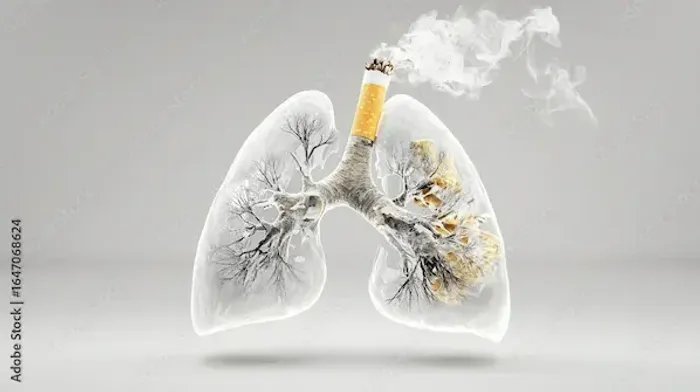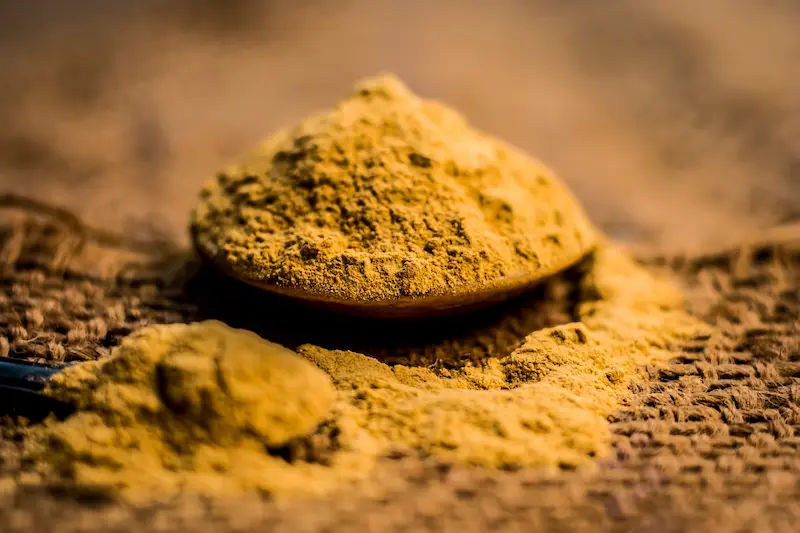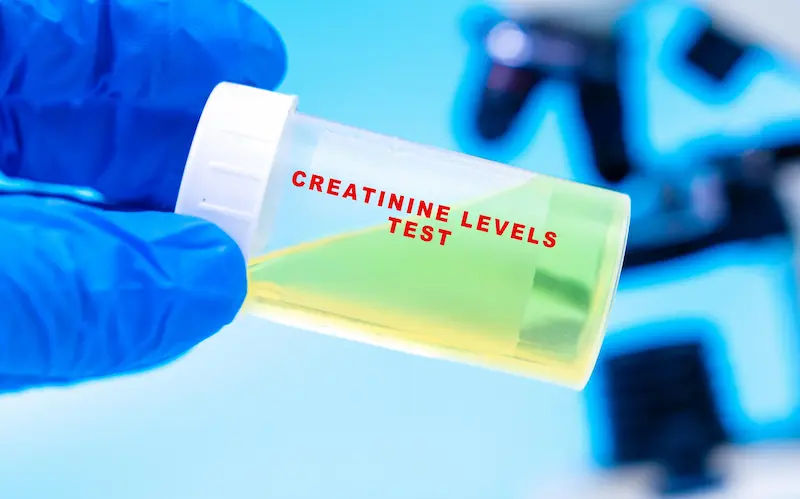Guide to 5 Reasons Why Smoking Bad Your Lungs
Discover the top 5 reasons smoking harms your lungs, from damaging cilia and causing inflammation to increasing cancer risk. Learn how quitting can help your lungs heal.


Introduction
Every breath you take is a testament to the incredible efficiency of your lungs. These vital organs work tirelessly to oxygenate your blood and remove waste, a process we often take for granted—until it becomes a struggle. Smoking directly assaults this delicate system, initiating a slow-moving cascade of damage that can lead to debilitating diseases. Understanding the reasons why smoking is bad for your lungs is the first step toward prioritising your respiratory health. This article will dissect the five key mechanisms through which cigarette smoke causes irreversible harm, moving beyond the surface to explain the biological battle happening within your chest with every puff.
We will explore how smoke paralyses your lungs' self-cleaning mechanisms, triggers destructive inflammation, and systematically breaks down the very structures essential for breathing. We'll also shed light on the hopeful path of recovery that begins the moment you quit. By the end, you will have a clear, scientific understanding of the risks and the power you hold to reclaim your lung health.
How Your Lungs are Designed to Work (The Healthy Baseline)
To grasp the damage, we must first appreciate the elegant design of a healthy respiratory system. When you inhale, air travels down your windpipe (trachea), through branching tubes called bronchi, and into even smaller bronchioles, much like an upside-down tree.
The Marvel of the Alveoli: Where Breathing Really Happens
At the end of the tiniest bronchioles lie clusters of tiny, balloon-like air sacs called alveoli. This is the core of the respiratory system. Each lung contains millions of these delicate sacs, surrounded by a dense network of capillaries. Here, the vital exchange of gases occurs: life-giving oxygen passes into the bloodstream, while carbon dioxide, a waste product, is moved from the blood into the alveoli to be exhaled. The immense surface area of the alveoli—often compared to a tennis court—makes this efficient exchange possible.
The Self-Cleaning System: Mucus and Cilia
Your lungs are not passive organs; they are equipped with a sophisticated defence system. The airways are lined with a thin layer of sticky mucus that traps dust, germs, and pollutants. Microscopic, hair-like structures called cilia cover these airways, constantly beating in a wave-like motion to sweep the mucus-trapped particles upward and out of the lungs towards your throat. You then unconsciously swallow or cough out this debris, keeping your airways clean and sterile. This is the system that smoking directly attacks.
Consult a Pulmonologist for the best advice
The Onslaught: What Happens When You Inhale Smoke?
Cigarette smoke is not a single substance but a complex, toxic cocktail. When inhaled, this hot, chemical-laden gas bypasses the body's initial defences and travels deep into the fragile alveolar regions.
A Toxic Cocktail: More Than Just Nicotine and Tar
While nicotine is the addictive agent, it's the other components that cause the most physical harm. Tar, a sticky brown substance, coats the lungs and airways, much like soot in a chimney. More critically, tobacco smoke contains over 7,000 chemicals, including at least 70 known carcinogens like benzene, formaldehyde, and arsenic. These chemicals trigger a destructive inflammatory response and directly damage cellular DNA.
5 Key Reasons Smoking Devastates Your Lungs
Reason 1: It Paralyses and Destroys Your Lungs' Cleaning System
The first and most immediate impact is on the cilia. The toxic chemicals in smoke paralyse and eventually destroy these tiny hairs. With the cilia immobilised, the mucus-clearing mechanism grinds to a halt.
The Link to "Smoker's Cough"
This leads to the hallmark smoker's cough. As mucus and toxins accumulate in the airways, the body's only recourse is
to initiate a forceful, persistent cough to try and clear the obstruction. This is not a normal cough; it's a sign that the
lungs' primary defence system has been compromised. This buildup of stagnant mucus also creates a breeding ground
for bacteria and viruses, leading to frequent infections like bronchitis and pneumonia. The effects of smoking on the
respiratory system are profoundly clear in this loss of basic hygiene.
Reason 2: It Causes Chronic Inflammation and Narrowing of Airways
Your body recognises the chemicals in smoke as foreign invaders and launches an immune response. This results in chronic inflammation—a state of constant swelling and irritation in the bronchial tubes. Over time, this inflammation causes the airway walls to thicken and produce even more mucus, physically narrowing the passages through which air can flow.
Understanding Chronic Bronchitis
When this inflammation and mucus production persist for most days over three months for at least two consecutive years, it is diagnosed as chronic bronchitis, a major component of chronic obstructive pulmonary disease (COPD). The symptoms of smoker's lung in this stage include a daily cough with mucus (often called "smoker's phlegm"), wheezing, and chest tightness.
Reason 3: It Gradually Destroys Your Air Sacs (Emphysema)
Perhaps the most destructive effect is on the alveoli. The inflammation triggered by smoke attracts white blood cells, which release enzymes that break down the elastic fibres of the alveolar walls. Imagine the delicate, balloon-like alveoli losing their springy elasticity and instead becoming large, saggy, and inefficient bags.
Why You Feel Short of Breath
This condition is emphysema. The surface area for gas exchange is drastically reduced, and the lungs lose their ability to recoil and push air out. This traps stale air in the lungs, making it increasingly difficult to exhale and take in fresh, oxygen-rich air. The result is a progressive and terrifying shortness of breath, initially during exertion but eventually even at rest. This destruction is irreversible and is the other primary component of COPD.
Reason 4: It Overwhelms Your Lungs' Natural Defences, Leading to Infections
With the ciliary elevator broken and mucus pooling, the lungs become highly vulnerable. The accumulated tar and
debris provide a perfect food source for bacteria. Furthermore, smoking weakens the immune system's ability to fight off these pathogens. This double whammy explains why smokers are far more susceptible to severe and recurrent respiratory infections like pneumonia and influenza, which can further scar and damage lung tissue.
Reason 5: It Fills Your Lungs with Cancer-Causing Agents (Carcinogens)
This is the most feared consequence. The carcinogens in tobacco smoke directly damage the DNA in the cells lining the airways. While the body has mechanisms to repair this damage, the relentless assault from smoking eventually overwhelms these systems. With each cigarette, the probability of a cell developing a cancerous mutation increases. These mutated cells can multiply uncontrollably, forming tumours that block airways and spread throughout the body. How does smoking cause lung cancer? It's a direct result of this repeated genetic damage from carcinogens.
The Long-Term Consequences: From COPD to Lung Cancer
The five reasons outlined above are not isolated events; they intertwine and progress over time. The chronic bronchitis and emphysema combine to form COPD, a debilitating disease characterised by a permanent struggle to breathe.
Meanwhile, the cumulative genetic damage significantly raises the risk of lung cancer, which is the leading cause of cancer death worldwide. The difference between healthy lungs and smokers' lungs is stark: one represents a model of
efficiency, the other a landscape of inflammation, obstruction, and destruction.
The Silver Lining: How Your Lungs Heal After You Quit Smoking
The human body possesses a remarkable capacity for healing, and the lungs are no exception. The benefits of quitting smoking for the lungs begin within hours and continue for years:
- 20 minutes after quitting: Your heart rate and blood pressure drop.
- 2 weeks to 3 months: Lung function begins to improve as inflammation decreases. The cilia start to regrow and regain
function, reducing the risk of infection. - 1 to 9 months: Coughing and shortness of breath decrease significantly.
- 1 year: The excess risk of coronary heart disease is half that of a continuing smoker.
- 10 years: The risk of dying from lung cancer is about half that of a person who is still smoking.
While emphysema damage is permanent, quitting stops the progression immediately, preventing further loss of lung function. If you are experiencing a persistent cough or shortness of breath, consult a doctor online with Apollo24|7 for further evaluation and support in creating a quit plan.
Conclusion
The evidence is clear and unequivocal: there is no safe level of smoking when it comes to your lung health. The reasons why smoking is bad for your lungs are rooted in fundamental biology—it systematically dismantles the organs you rely on for every single breath. From paralysing your body's natural cleaning crew to planting the seeds for cancer, the damage is profound and progressive. However, this knowledge is not meant to incite fear, but to empower. Your lungs want to heal. The single most important decision you can make for your respiratory health is to quit. It is a challenging journey, but you don't have to do it alone. Seek support from healthcare professionals, friends, and family. Every cigarette not smoked is a victory for your lungs and a step toward a longer, healthier life. If you're ready to take that step, book a physical visit to a doctor with Apollo24|7 to discuss the best strategies for you.
Consult a Pulmonologist for the best advice
Consult a Pulmonologist for the best advice

Dr. P Sravani
Pulmonology Respiratory Medicine Specialist
3 Years • MBBS, MD
Visakhapatnam
Apollo Clinic Vizag, Visakhapatnam
Dr. Ambuj Kumar
Pulmonology Respiratory Medicine Specialist
10 Years • MBBS, MD (Pulmonary Medicine)
New Delhi
Smriti Gynaecology and Lung Centre, New Delhi

Dr Rakesh Bilagi
Pulmonology Respiratory Medicine Specialist
10 Years • MBBS MD PULMONOLOGIST
Bengaluru
Apollo Clinic, JP nagar, Bengaluru

Dr. E Prabhakar Sastry
General Physician/ Internal Medicine Specialist
40 Years • MD(Internal Medicine)
Manikonda Jagir
Apollo Clinic, Manikonda, Manikonda Jagir
(175+ Patients)

Dr. K Prasanna Kumar Reddy
Pulmonology Respiratory Medicine Specialist
16 Years • MBBS, DTCD (TB&CHEST), DNB (PULM MED), FCCP
Hyderabad
Apollo Medical Centre Kondapur, Hyderabad
Consult a Pulmonologist for the best advice

Dr. P Sravani
Pulmonology Respiratory Medicine Specialist
3 Years • MBBS, MD
Visakhapatnam
Apollo Clinic Vizag, Visakhapatnam
Dr. Ambuj Kumar
Pulmonology Respiratory Medicine Specialist
10 Years • MBBS, MD (Pulmonary Medicine)
New Delhi
Smriti Gynaecology and Lung Centre, New Delhi

Dr Rakesh Bilagi
Pulmonology Respiratory Medicine Specialist
10 Years • MBBS MD PULMONOLOGIST
Bengaluru
Apollo Clinic, JP nagar, Bengaluru

Dr. E Prabhakar Sastry
General Physician/ Internal Medicine Specialist
40 Years • MD(Internal Medicine)
Manikonda Jagir
Apollo Clinic, Manikonda, Manikonda Jagir
(175+ Patients)

Dr. K Prasanna Kumar Reddy
Pulmonology Respiratory Medicine Specialist
16 Years • MBBS, DTCD (TB&CHEST), DNB (PULM MED), FCCP
Hyderabad
Apollo Medical Centre Kondapur, Hyderabad
More articles from General Medical Consultation
Frequently Asked Questions
1. Can your lungs fully heal after 10 years of smoking?
While they may not return to the state of someone who never smoked, significant healing occurs. The cilia will regrow, inflammation will subside, and the risk of diseases like cancer and COPD will drop dramatically. The lungs' capacity will improve, and symptoms like coughing will largely disappear. The sooner you quit, the more healing is possible.
2. What are the early signs of lung damage from smoking?
Early signs include a persistent smoker's cough, often with phlegm; increased susceptibility to colds and chest infections; wheezing; and shortness of breath during light physical activity that you used to handle easily. If you notice these early signs of lung damage from smoking, it's a critical signal to act.
3. Is vaping bad for your lungs like smoking?
While e-cigarettes expose users to fewer toxic chemicals than combustible cigarettes, they are not safe. Vaping aerosol can contain harmful substances like nicotine, ultrafine particles, and flavourings linked to lung disease. It can cause lung inflammation and irritation. The long-term effects of vaping are still being studied, but it is not a risk-free alternative.
4. How can I clean my lungs after quitting smoking?
The best way is to let your body's natural processes work. Stay hydrated to thin mucus, exercise regularly to improve lung capacity, and avoid pollutants and secondhand smoke. Eating a diet rich in antioxidants (fruits and vegetables) can support cellular repair. There is no magic 'cleanse,' but your body is excellent at healing itself once you stop the damage.
5. Does smoking marijuana cause the same lung problems as cigarettes?
Marijuana smoke contains many of the same irritants and carcinogens as tobacco smoke. Regular marijuana smoking is linked to chronic bronchitis and lung inflammation. However, because smoking habits differ (often fewer joints per day than cigarettes), the overall risk profile may be different, but it still poses a significant risk to lung health.




